Yenagoa, Nigeria – Bayelsa State Governor, Douye Diri, has expressed deep concern over the prolonged power outage that has left the state in darkness for over three months.
Speaking on Thursday at the 20th All Nigeria Editors Conference in Yenagoa, Diri attributed the outage to the vandalism of 13 power transmission towers in Bayelsa and neighboring Rivers State.
Highlighting the disparity in the speed of repairs across the country, he pointed out that similar disruptions in the North were resolved more swiftly. Despite the challenging circumstances, he assured residents that his administration is collaborating with the Transmission Company of Nigeria to restore power, while also exploring an independent power project to mitigate future issues. He noted that Bayelsa inherited two obsolete gas turbines with a 20-megawatt capacity from the old Rivers State, which no longer function effectively.
During his address, Diri outlined his administration’s ASSURED agenda, which focuses on seven pillars: agricultural revolution and blue economy, sports and youth development, security and peace, urban and rural development, healthcare delivery, energy generation, and education with an emphasis on technology and quality.
Role of the Media in Democracy
Governor Diri emphasized the vital role of the media in democratic governance, describing it as the “fourth pillar of democracy.” He underscored the press’s duty to educate, inform, and entertain, shaping public discourse and promoting understanding. “In these turbulent times,” he stated, “your role as guardians of truth is more critical than ever.”
He urged journalists to uphold integrity, which he described as the foundation of a healthy democracy. Referring to the theme of the conference, “Economic Growth and Development Strategies in a Resource-Rich Country,” Diri called it both timely and essential, noting the paradox of Nigeria’s vast resources coexisting with widespread poverty.
Environmental and Economic Challenges
Diri lamented the environmental degradation and economic hardship faced by Bayelsa State, a key oil-producing region. He noted that despite being crucial to Nigeria’s oil and gas sector, the state suffers from severe environmental harm. He highlighted two recent events that have intensified his commitment to advocating for responsible resource management.
Firstly, he recounted his lecture at the University of Nigeria’s 64th Founder’s Day in Nsukka, where he discussed structural inequality in Nigeria’s federal system. He stressed the need for states to have greater fiscal autonomy and criticized the restricted authority of state governors, who lack real control over security despite being designated as chief security officers.
Secondly, Diri mentioned the submission of the Bayelsa State Oil and Environmental Commission’s report, which detailed the severe impact of oil and gas pollution in the state. According to the report, Bayelsa suffers 25% of Nigeria’s oil pollution but receives inadequate compensation. He called for urgent reparation, sustainable solutions, and reforms to address what he described as an 83% deprivation compared to the 13% derivation allocated to oil-producing states.
Engagement with the Federal Government
The governor revealed that he recently led a delegation to meet President Bola Ahmed Tinubu to discuss these pressing concerns. He praised President Tinubu’s understanding and support, while emphasizing the need for continued advocacy.
Diri invoked Martin Luther King Jr.’s quote, “Injustice anywhere is a threat to justice everywhere,” urging editors to use their platforms to highlight environmental and economic injustices. He encouraged them to support policies promoting sustainable development and empowering local communities.
Achievements and Future Plans
Governor Diri highlighted key projects from his administration’s first term, including the development of three senatorial roads and the Ernest Ikoli Media Complex, which he described as the most impressive media hub in West Africa. He emphasized his administration’s commitment to utilizing resources transparently and effectively.
Challenges of a Free Press
Addressing the conference sub-theme on sustainable financing for the press, Diri reflected on the challenge of maintaining editorial independence. He cited Walter Lippmann’s idea that “a free press is not a privilege but an organic necessity in a great society.” He warned of the dangers of financial influence compromising journalistic integrity, referencing Lippmann’s work, “A Test of the News,” which criticized biased reporting.
Diri called for bold action to balance financial sustainability with journalistic neutrality, acknowledging that while a perfect solution may be elusive, the effort is a moral imperative. “I pray you find it,” he concluded.
Diri closed by reiterating his administration’s dedication to advancing Bayelsa State’s prosperity and urged the media to be champions of truth and justice.





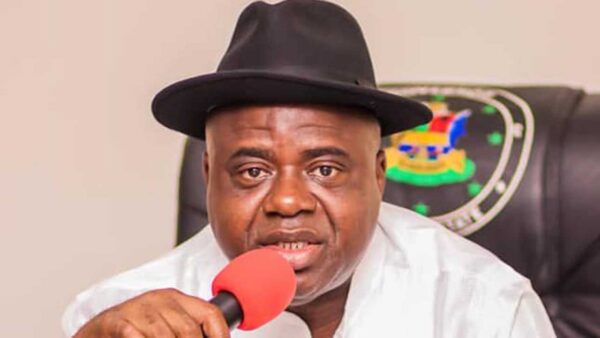
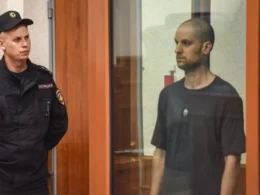
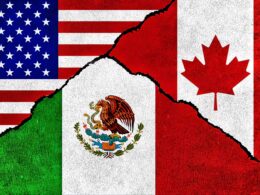
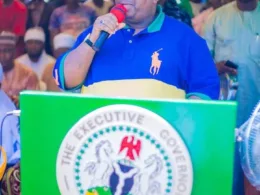
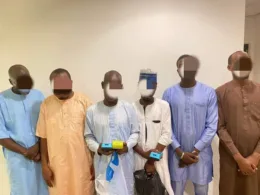
Join our Channel...